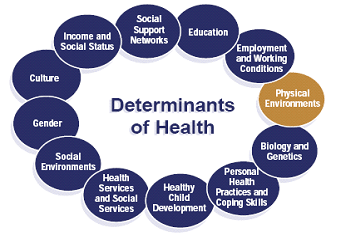Bee Pollen and Diabetes – Points a Diabetic Should Consider Before Taking This Supplement
Bee Pollen and Diabetes – Points a Diabetic Should Consider Before Taking This Supplement
 Experiments involving rabbits that were carried out at a University in Egypt during 2011 showed that bee pollen can increase fertility significantly, but what about bee pollen and diabetes? Can diabetics really benefit if they take bee pollen as a daily dietary supplement?
Experiments involving rabbits that were carried out at a University in Egypt during 2011 showed that bee pollen can increase fertility significantly, but what about bee pollen and diabetes? Can diabetics really benefit if they take bee pollen as a daily dietary supplement?
It certainly seems to be the case. Pollen collected from bee hives is one of the most complete foods in the world. It contains everything we need in terms of nutrition. In fact, if you were stranded on a deserted island somewhere, you could survive on bee pollen alone, providing of course that you also had fresh water to drink.
On a pound for pound basis, pollen contains more protein than beef. It is also packed with vitamins and nutrients which are already known to be beneficial to diabetics. For example, pollen contains all the B complex vitamins, one of which is Thiamine (Vitamin B1). Thiamine is routinely used in diabetes treatments, so already we can see the benefits of pollen emerging.
Pollen is also a good source of nicotinic acid, which like vitamin B1, is also regularly used for treating diabetes. The biggest benefit however, is the fact that it provides a massive amount of nutrients, while at the same time being very low in calories. An ounce of pollen only has approximately 36 calories. Because of the low calorie count and the vast amount of nutrients it provides, bee pollen is also an effective weight loss aid.
Not only does it help to suppress hunger, but it also increases metabolism. It likewise increases energy levels, and for this reason, athletes have been using it for decades already. Hunger suppression, increased metabolism, and increased energy level are a perfect combination for diabetics, considering diabetes is often caused by obesity and/or a sedentary lifestyle.
Two Questions Every Person Should Ask Before They Place Their Orders
Is the pollen harvested in a responsible manner? While we all like to believe honey and pollen taken from hives in the wilds is superior to that which is obtained from bee farmers, we must first think about the environment. Raiding hives in the wilds can have a disastrous impact on bee colonies, and without bees to pollinate our crops, life as we know it will soon come to an end. There is also another reason why it is not wise to take pollen or honey from wild bee hives, but this will become clear in the next question.
Where are the bees farmed? Some people will say it makes no difference, but I strongly disagree. If a farmer keeps the hives in close proximity to other farms, there is no way to stop the bees visiting those farms in search of nectar. What happens if the owners of the neighboring farms spray their crops with pesticides? The bees are then going to transport contaminated pollen back to the hives. They could also be gathering pollen from genetically modified crops. Lastly, pollen that is retrieved from hives which are located close to urban areas will nearly always be tainted because of airborne contaminants.
In summary, there are definitely benefits to be had in terms of bee pollen and diabetes, but one must just make absolutely certain you only order pollen from a supplier you can trust, and before you place your order, first ask the two questions I have mentioned above.
